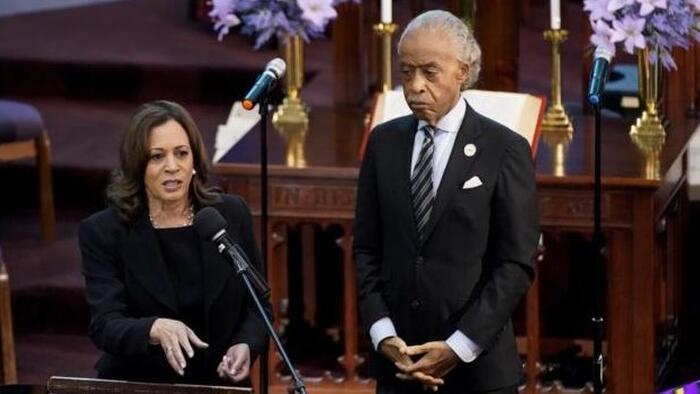Rev. Al Sharpton, a prominent MSNBC host and civil rights activist, is facing renewed scrutiny over his financial practices, particularly regarding his nonprofit organization, the National Action Network (NAN). Reports indicate that Sharpton awarded himself nearly $1 million in bonuses through NAN over a span of seven years. According to tax filings from the nonprofit, his bonus payments often surpassed his annual salary, raising questions about the appropriateness of such compensation in the nonprofit sector. For instance, in 2016, Sharpton reported receiving a “bonus & incentive compensation” of $437,355, significantly exceeding his reported salary of $250,000. This pattern of hefty bonuses seems to have started in 2014, with Sharpton granting himself $64,000, and continued through the years, with notable bonuses in 2018 ($159,596) and in 2021 ($278,503). The cumulative total revealed that Sharpton pocketed $940,053 in bonuses, leading to questions about industry standards for compensation within nonprofits and the extent of IRS oversight regarding such financial practices.
The financial controversies surrounding Sharpton are not new. Recently, he has drawn criticism related to donations made to NAN from Vice President Kamala Harris’s presidential campaign. Reports surfaced that Harris’s campaign funneled $500,000 to the nonprofit just weeks before Sharpton conducted a soft interview with her. These donations, in two installments of $250,000, were revealed only after Harris’s defeat in the 2024 election against President-elect Donald Trump. The timing of the contributions led many to question the motivations behind them and their potential influence on Sharpton’s interview style. An MSNBC spokesperson clarified that the network was unaware of these financial transactions and an unnamed current MSNBC employee went further to criticize the arrangement, labeling it as “weird” and suggesting it represented “another level of nonsense.”
Within the MSNBC community, sentiments about Sharpton’s financial dealings appear to be decidedly negative. The unnamed employee expressed a pervasive discomfort with the idea that the Harris campaign might have attempted to leverage its donations for favorable coverage, saying that Sharpton could have secured an interview with her regardless of the donations. The employee’s remarks reflect a broader concern that the situation not only appears ethically questionable but also undermines the credibility of journalism within the network. The individual described the arrangement as feeling “a bit dirty,” indicating that there is a growing unease over how political donations might be influencing media narratives and coverage.
Critics argue that Sharpton’s financial decisions and the recent donation scandal taint his role as a civil rights leader and media personality. The dual nature of his responsibilities—to serve as an advocate for social justice and to manage a nonprofit—raises ethical concerns about the intersection of finance and activism. For many, the line between advocacy and financial gain seems to become blurred when significant amounts of money are involved. Furthermore, the apparent lack of transparency around these financial dealings adds to the skepticism, as it is not entirely clear how frequently the IRS monitors or scrutinizes substantial bonuses awarded to nonprofit leaders.
Despite the accumulating criticism, Sharpton has not offered a public response to the allegations surrounding his compensated bonuses or the donations from Harris’s campaign. By remaining silent, he may be risking further damage to his reputation and credibility. Such controversies, especially when they involve financial practices that seem misaligned with the missions of nonprofits, can severely impact public trust in leaders who advocate for marginalized communities. Several observers suggest that Sharpton may need to rethink his approaches to compensation and fundraising, as maintaining integrity is crucial for anyone in his position.
As the narrative surrounding Al Sharpton continues to unfold, it serves as a reminder of the complex interplay between finance, ethics, and activism in the nonprofit sector. With the spotlight on his management of NAN and the substantial bonuses he has awarded himself, Sharpton’s case illustrates the ongoing debates about accountability and governance within nonprofit organizations. Stakeholders, including constituents, donors, and the public, are increasingly demanding transparency and ethical practices from nonprofit leaders, particularly those in high-profile positions like Sharpton. The unfolding of these events not only affects Sharpton personally but raises broader questions about the standards of leadership and the responsibilities of nonprofits toward their missions and communities.

